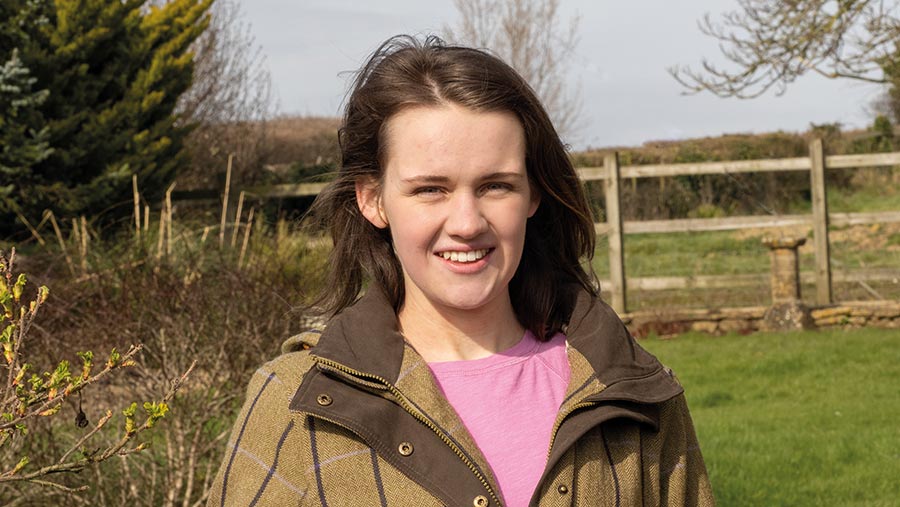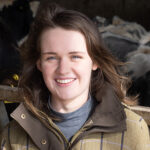Bridgette Baker: Coppicing chat leads to mutual understanding
 Bridgette Baker © Kate Horniblow
Bridgette Baker © Kate Horniblow On a bleak February lockdown dog walk in our fields, I walked past a couple and they said to me: “Isn’t this just awful! All these trees cut down, where are the birds supposed to nest?”
I briefly considered pretending I wasn’t the farmer’s daughter, before admitting it was my dad who had been coppicing a few overgrown withy trees, as a few had fallen onto a stock fence.
See also: Bridgette Baker – farms need two businesses to make a profit
Then I explained that coppicing was required to make the withy safe and not blow down and that it was best done in late winter, as trees go into active growth in spring. We’d deliberately not touched several large nearby oaks and other trees that were fantastic for the birds.
Sometimes the public see us carrying out tasks and question if we really know what we are doing. Which of course we do, not least because of all the recommended codes of practice and law from Defra!
I’m not usually comfortable with debate, as it can sometimes seem futile if the other person sees you simply as a “biased” farmer, but in that moment – with someone to talk to in lockdown – I wasn’t going to miss the chance.
The couple were very understanding and passionate about the environment, which is great. They sent me away with a list of environment-related documentaries to watch on Netflix and we are now friends on Facebook.
But a lot of those nature and climate documentaries are about other counties, and UK agriculture is different. Even within this country, one region can differ vastly from another.
Sharing our story and the reasoning that governs our own farming practices will give those who question us an insight into what happens locally. We need the customers of British agriculture to feel connected and informed.
So the next time you have an opportunity to talk to someone interested in what you’re doing, go for it and share your views in a healthy discussion.
The positive chat I had with that couple has boosted my confidence to stick up for British agriculture, as they appreciated my response. We have lots to be proud about, after all.


